What’s Really Behind the UK’s Clamp Down on Knives?
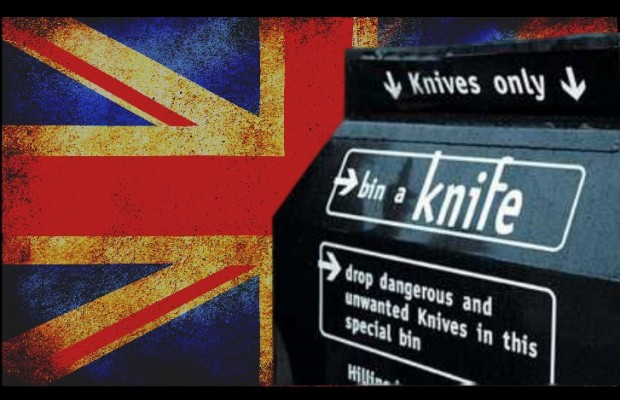
In today’s United Kindgom, knives are seen more as a cause of crime and less as an every day tool or self defense weapon. Many knives including all locking folders are illegal to carry. Even legal, non-locking knives like slipjoints and swiss army knives can land Brits in hot water. Retired engineer Rodney Knowles, 61, learned this the hard way when he found himself with a criminal record for having a Wenger Swiss Army knife in his car’s glove compartment.
Since 2006, the UK has expanded its ‘knife amnesty bin programs’ across the country – even honoring activists involved in the initiatives. In 2015, legislators continued their push for stricter knife laws and passed a mandatory minimum sentencing law requiring six months in prison for anyone caught carrying a banned knife twice.
Evan F. Nappen, attorney and author of Knife Laws of the U.S.: Loopholes, Pitfalls & Secrets, told us the knives are not the problem. After outlawing handguns in 1997, knives have become the next expedient target in the UK according to Nappen. “Politicians ran out of their primary scapegoat. They used to blame guns, but you can’t blame guns anymore when you’ve banned them all,” says Nappen. “Really affecting crime – that’s tough. That’s difficult,” Nappen argues. “The root causes of crime are hard to change. But turning knives into the bogeyman and passing more knife laws – that’s easy and the voters will still believe you are doing something.”
There is recent evidence that indicates citizens in the UK are continuing to carry their blades despite the decries. 437 pocket knives were taken from people entering courts in Black Country and Staffordshire over a two-year period. It’s a telling statistic that reveals a silent but sizable knife-carrying population.


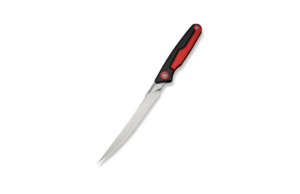
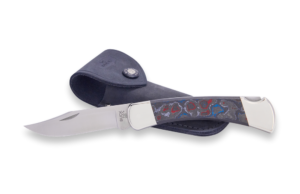
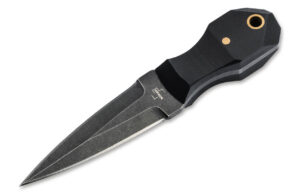

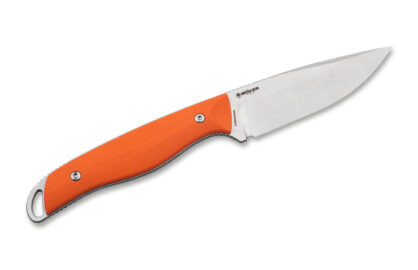




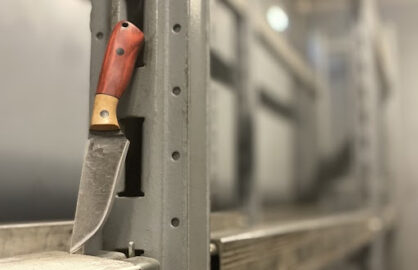

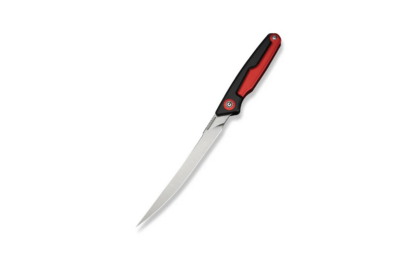
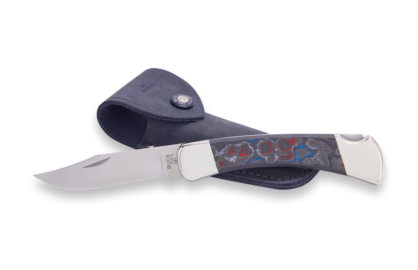
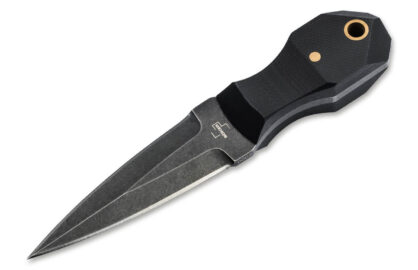




0 comments